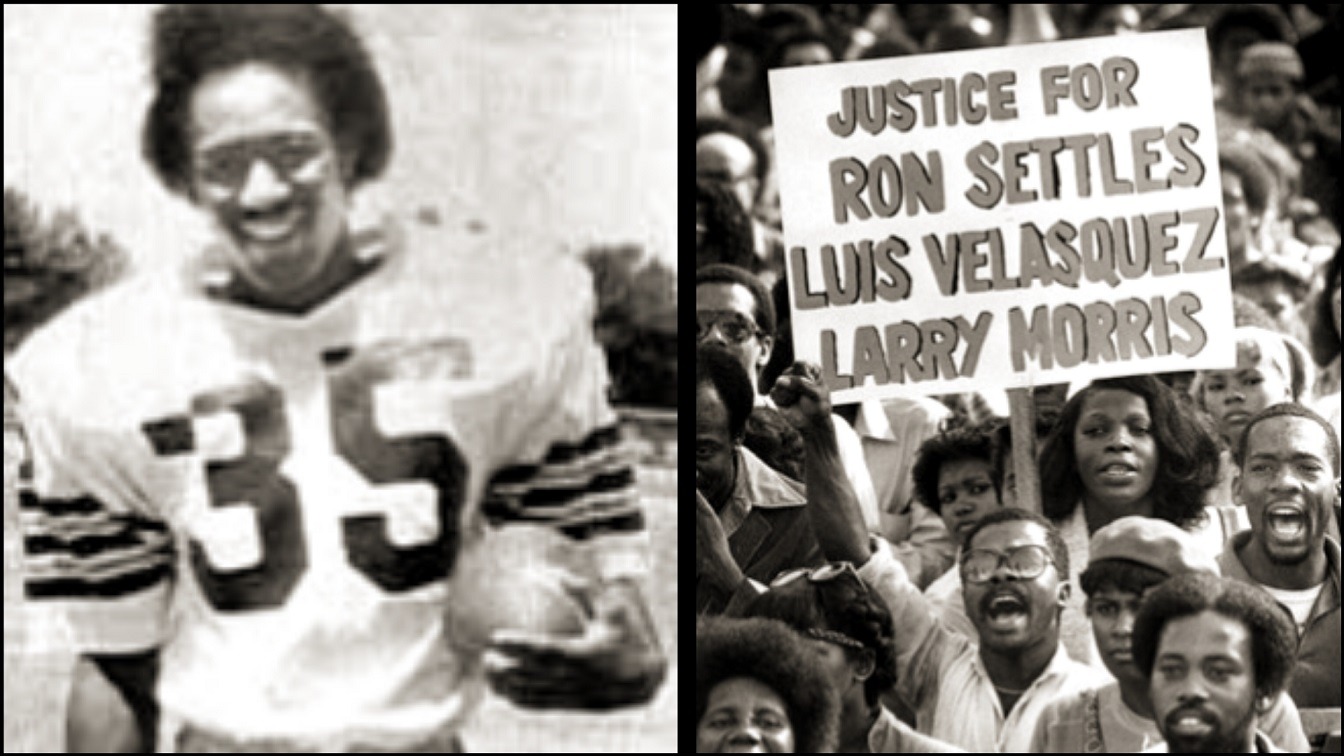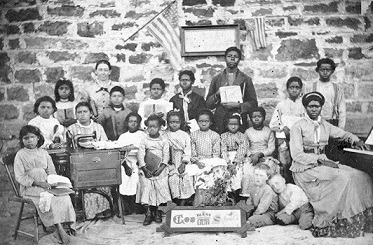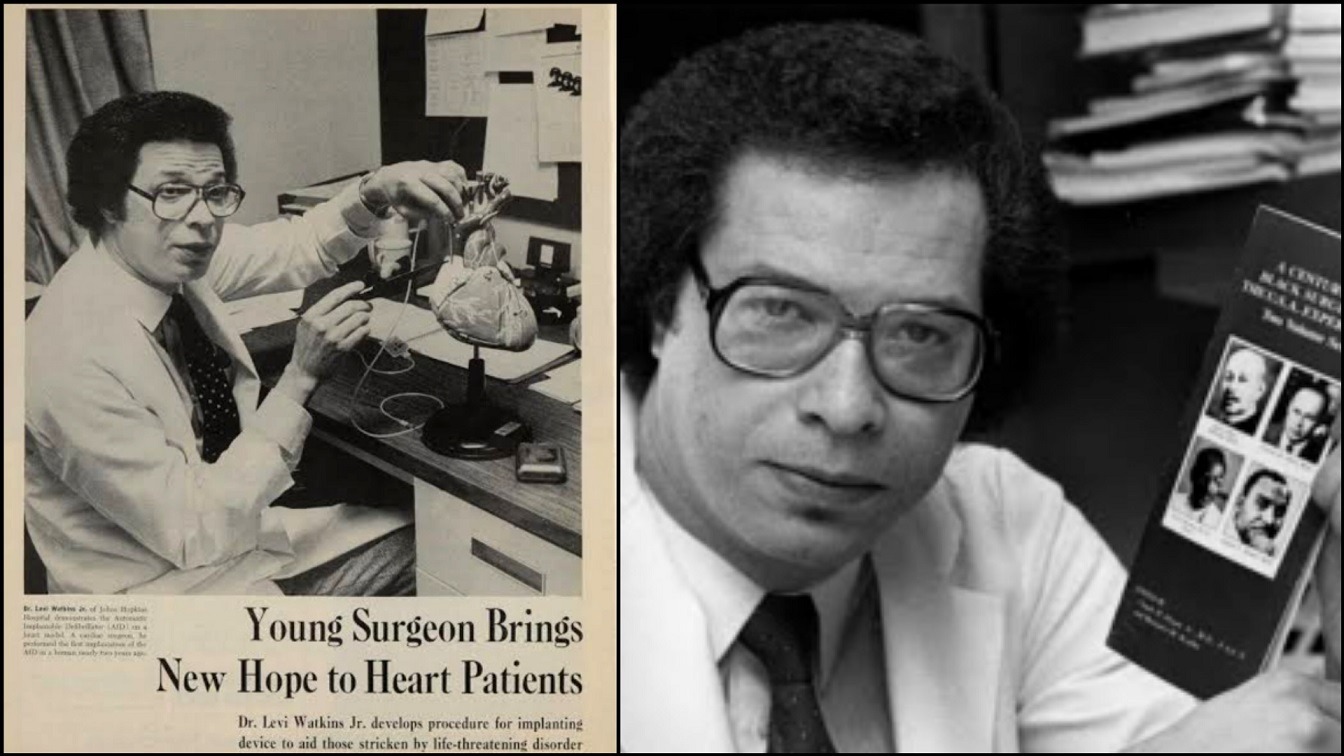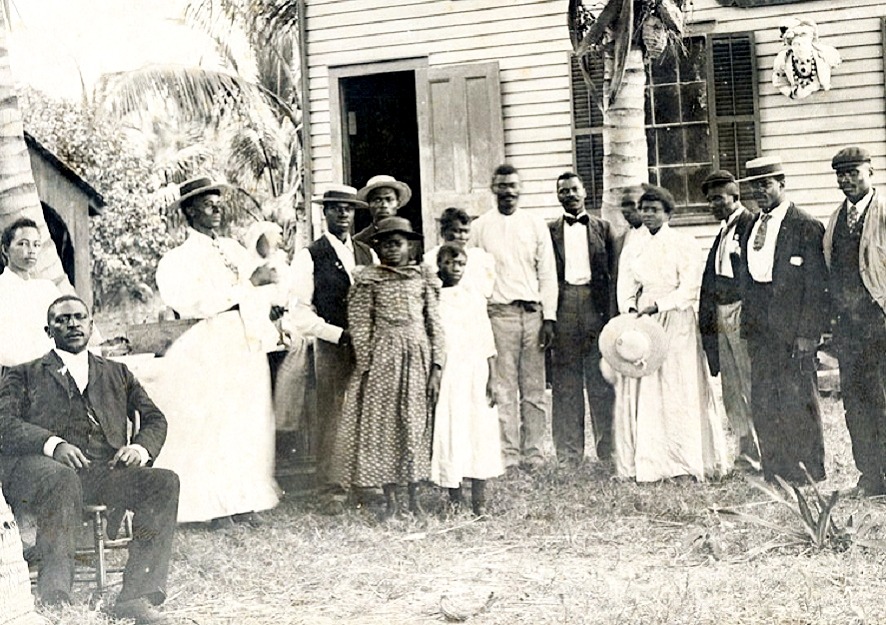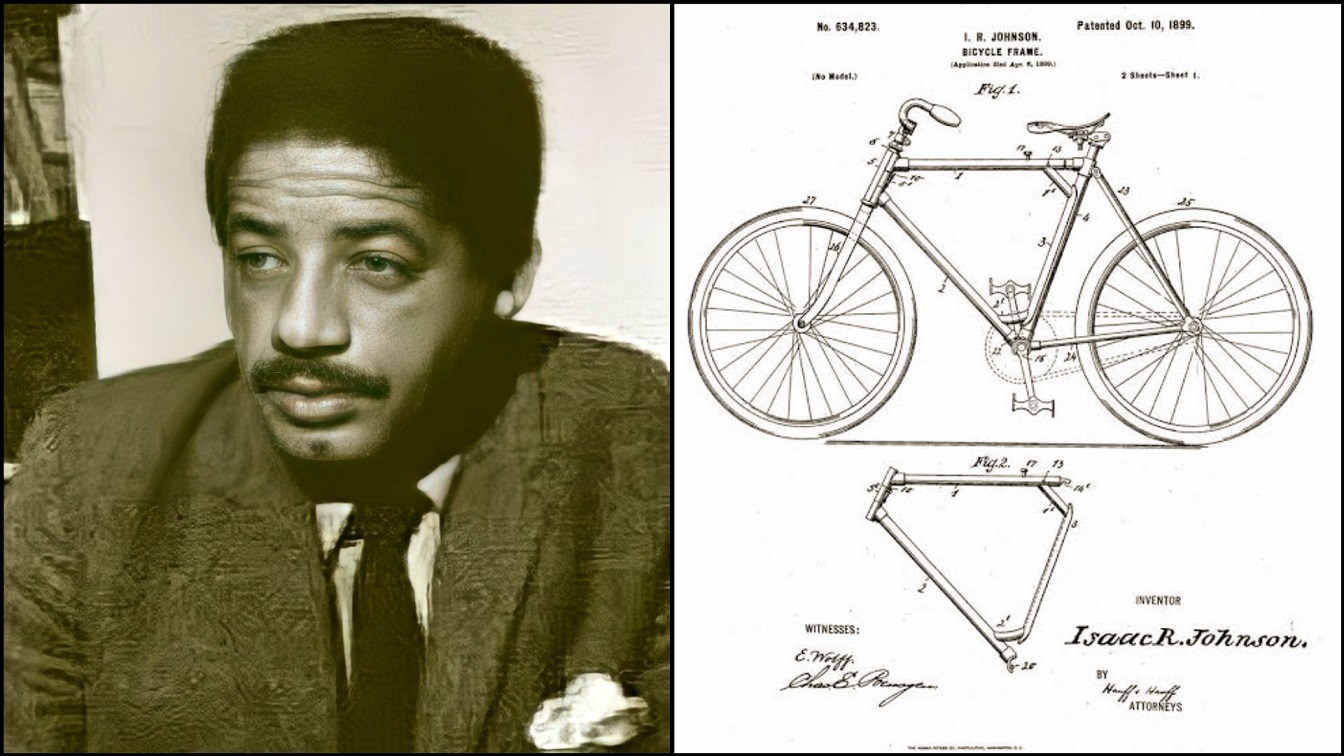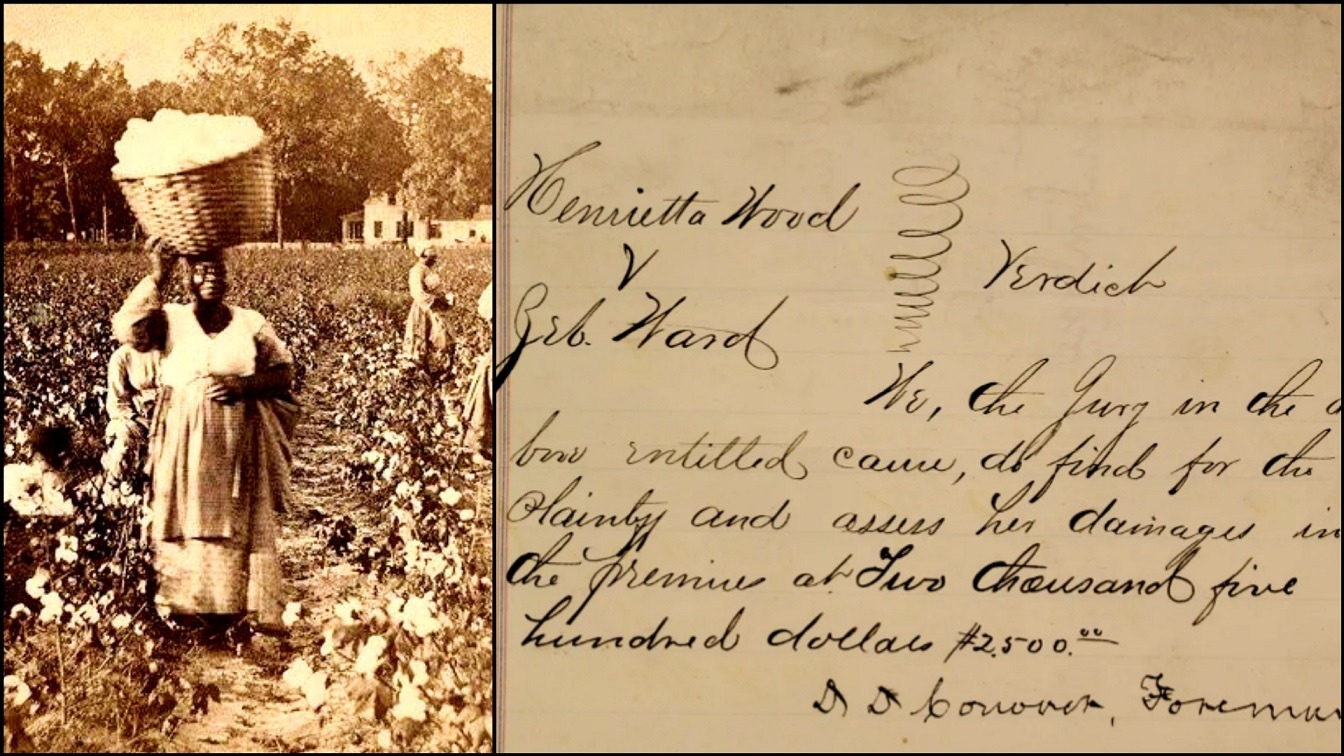For a long time, the black community has been marching, protesting, and demanding justice. For a long time, we have been killed by the police. The heavy question which lays on our hearts with the weight of a mountain is: When will all stop? When will the spilling of Black blood in America stop?
On June 2, 1981, Ron Settles, a star football player at California State University, was stopped by Signal Hill police for speeding on his way to his job, where he taught middle school students. Police officials said that the 21-year-old refused to cooperate with them and refused to exit his car or provide his driver’s license, so they detained him. The cops also said that Settles had a knife and drug paraphernalia.
According to media reports, the police officers detained the teen football player and charged him with resisting arrest, possessing cocaine, and assault with a deadly weapon on a police officer.
Officer Jerry Lee Brown, according to the New York Times, allegedly beat Settles on the head and knees for acting aggressively while being booked.
Three hours after his arrest, Ron Settle was discovered dead in his cell. Authorities claim that he was severely beaten before being strung up with a mattress cover rope. Authorities claim that it was a suicide. Unexpectedly, the officers took pictures of Settles on the ground but not the hanging, according to UPI at the time.
Bernard Bradley, an inmate in the adjacent cell, would confirm that there were no mattress covers in the cells at a coroner’s inquest. He said Settles admitted to him that he was afraid.
“I strolled through Settles’ cell on my way out, and he was sitting on his bunk, resting against the wall. I peeked in and spoke with him for a few moments, and I’m certain there was no mattress pad on that bunk. According to a UPI article, Bradley said, “There was nothing on that bunk.” “He was inquiring about how to get out of jail, how to post bail, and such. He admitted that he had never been in jail before and that he was terrified. He wished to be released from prison. He never said anything about killing himself.”
At the time of his passing, Settles had been named “one of the most promising running backs on the West Coast” in numerous college football polls. She doesn’t think her son committed suicide because he had “too much to live for,” according to Helen Settles, his mother, who spoke to UPI.
Weeks after Settles’ passing, protests were staged in his hometown, led by activists and the neighborhood church. Additionally, the Settles family established the Ron Settles Justice Committee and held protests to call for answers from the authorities.
“Our loss grieved the whole neighborhood.” Settles’ uncle Strong Matthews stated that “Stevie Wonder helped put together a benefit concert to raise money for the defense of this case.” I believe that many people of my culture and ethnicity have experienced similar abuse without anyone taking attention.”
The Settles family was defended by Johnnie Cochran, who rose to national fame during the O.J. Simpson trial. Cochran dug out Settle’s body, and an examination determined that he had been suffocated to death. In a civil complaint, the family was granted $760,000, while some accounts claim it was $1 million.
The police chief at the time resigned after the affair. None of the officers involved in Settles’ killing were charged following an eight-month investigation. All six of the officers who were accused in the case pleaded the fifth when questioned. This is one of the key reasons why the Settles family members keep fighting for their relative’s justice.
At a memorial service for Settles on his 63rd birthday in June 2021, Signal Hill Mayor Edward Wilson stated, “Ron Settles is Signal Hill’s George Floyd.” “The town of Signal Hill is still remembered for the tragedy of his death while in the custody of the Signal Hill Police Department.”
The city, which had a history of racism, saw a lot of transformation after Settles’ passing. The police force also underwent changes. Reverend Wayne Chaney, Jr., the pastor of the Antioch Church in Long Beach, told the Signal Tribune that after he passed away, “You can no longer take someone in the jail cell without sufficient sight and accountability.”
“There are cameras in holding facilities because he died. Because he died, comprehensive accounts of every use of force while he was imprisoned are required. We still have a long way to go, but because he died, hundreds of men and women who look like him will be able to see their families again, regardless of how long they were detained.”
